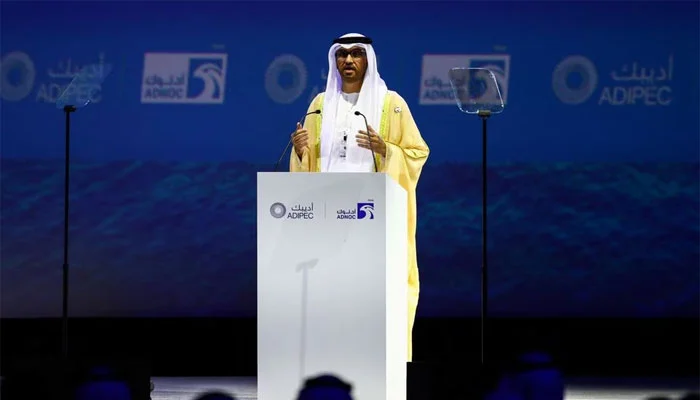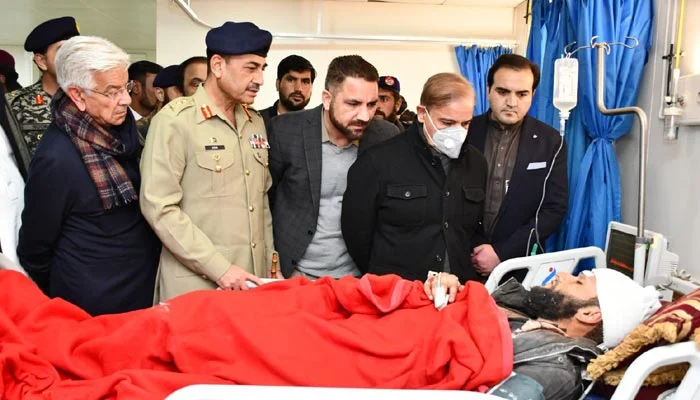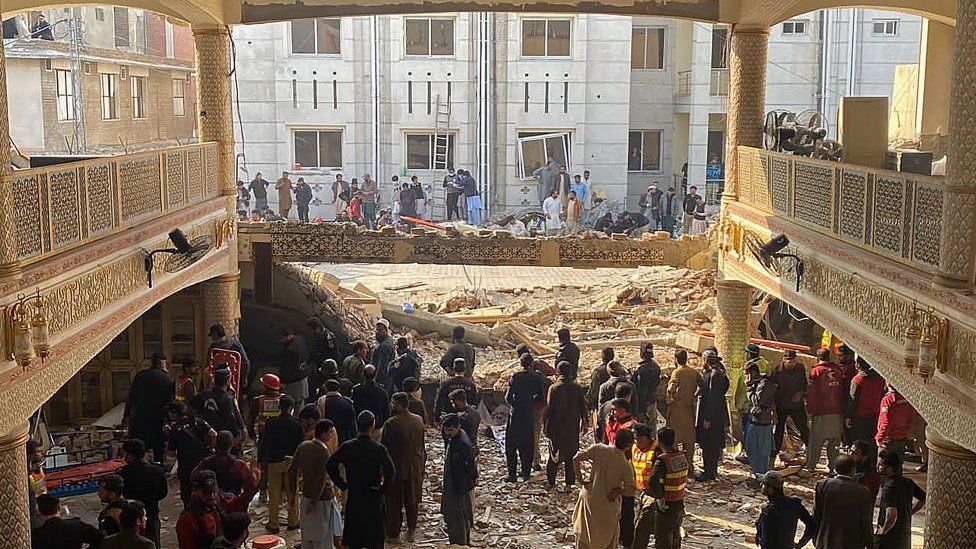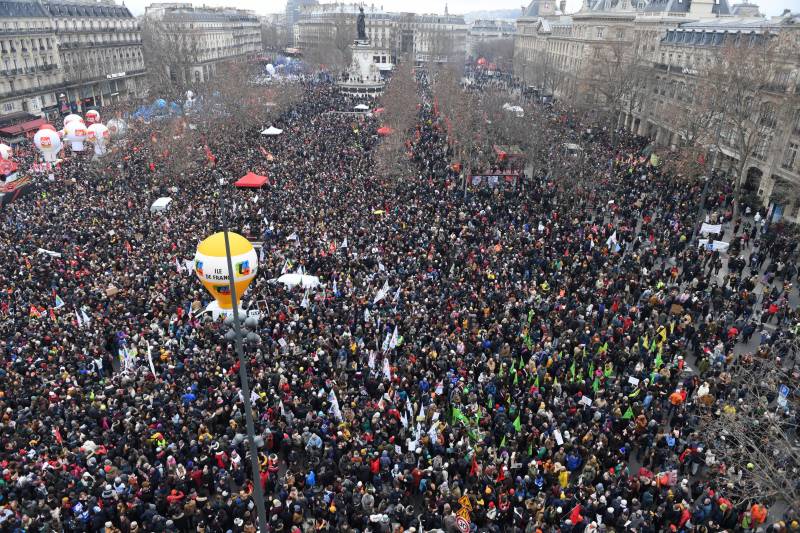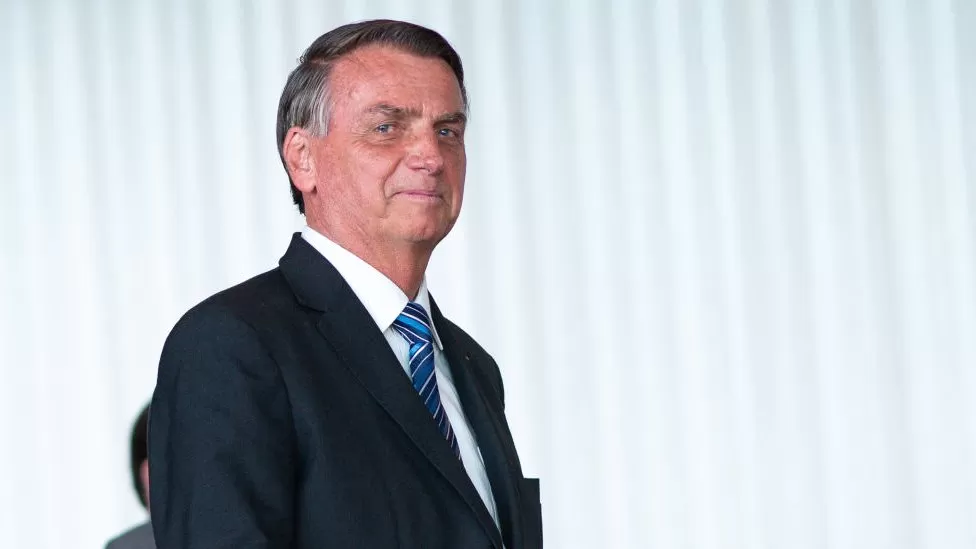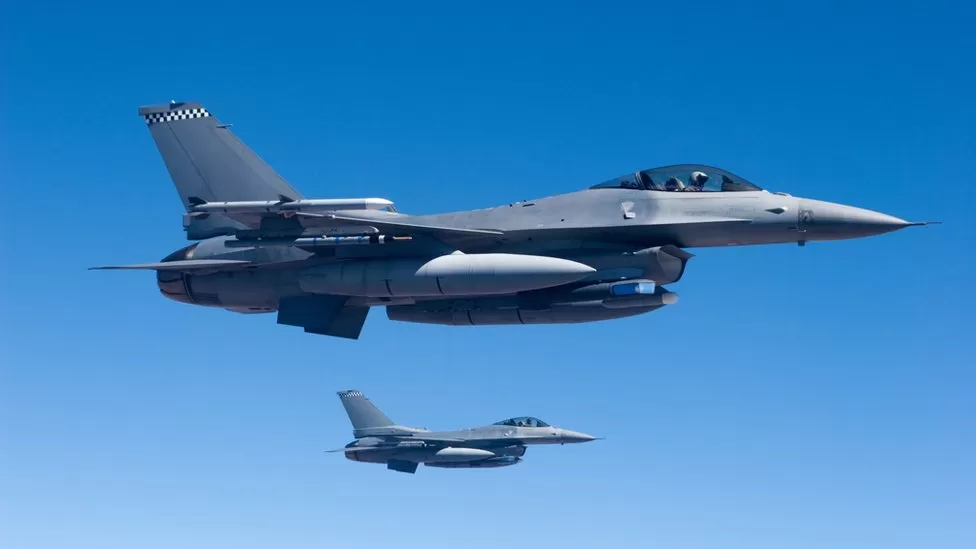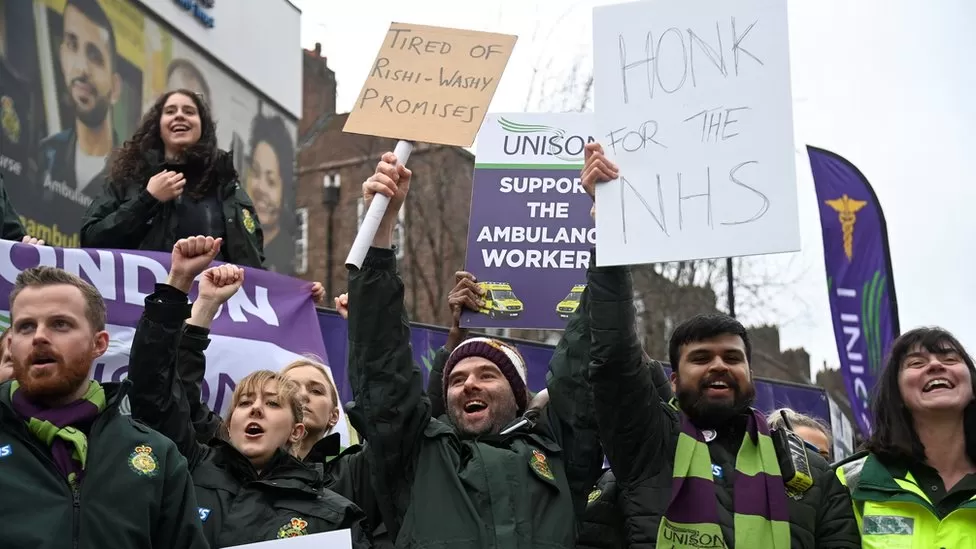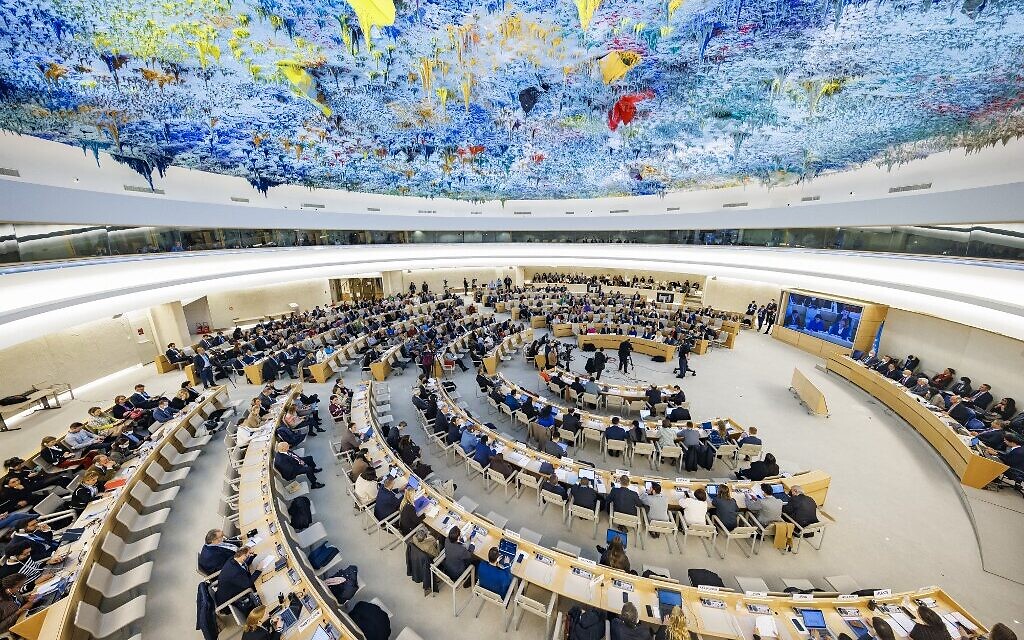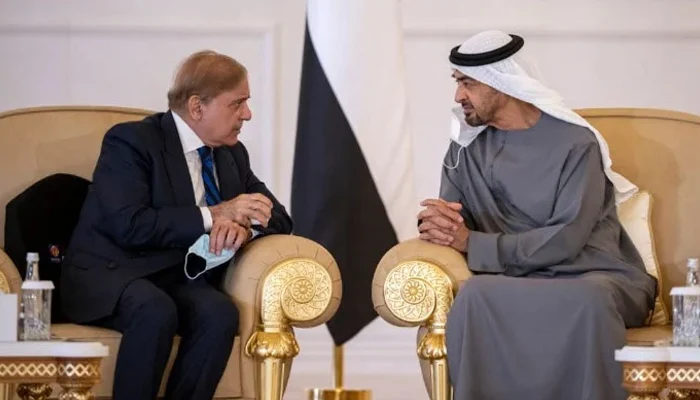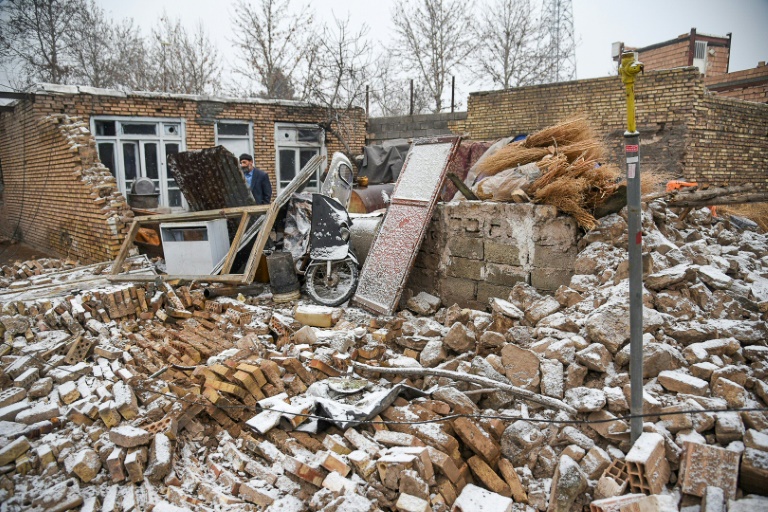Pakistan is one of the countries which will be reviewed by the working group during the session that will continue till Feb 3. Pakistan’s first, second and third UPR reviews took place in May 2008, October 2012 and November 2017, respectively.
Minister of State for Foreign Affairs Hina Rabbani Khar will represent the country at the meeting.
The US made inquiries about equitable participation of members of ethnic and religious monitory communities, including women, in society and democratic process.
It also wanted to know about the government’s plan to strengthen civilian control of the military, in addition to the government’s plan to address the alleged extra-legal use of military force against Pakistan’s civilians.
US, a few other countries raise specific questions
Other US questions relate to restrictions on NGOs and INGOs to operate and provide needed aid and services to people in Pakistan, especially in the wake of the devastating floods; freedom of expression, including for journalists, efforts to address climate change and natural disasters in a manner consistent with its obligations under international human rights law, protection of eunuchs and transgender people from violence and discrimination.
Sweden wants to know about the government’s actions to assist victims of domestic violence in areas of access to justice, shelter and healthcare; ending impunity of crimes against journalists and media workers; and curbing child marriages.
Panama seeks to learn about future plans to ratify the Second Optional Protocol to the International Covenant on Civil and Political Rights, aimed at the abolition of death penalty, and Amendment to the Basel Convention on the Control of Trans boundary Movements of Hazardous Wastes and Their Disposal, designed to prohibit hazardous waste exports to developing countries.
Panama further inquired about Pakistan’s legislative and policy measures to criminalise all forms of gender-based violence against women and girls, including domestic violence and marital rape, and the availability of support service for the victims; and steps Pakistan is taking to address ongoing threats that terrorist groups pose to ethnic minorities and other vulnerable people.
The UN High Commissioner for Human Rights has prepared a summary of stakeholders’ submission for the periodic review.
Pakistan extends cooperation
Since the third UPR, Pakistan has remained steadfast in its cooperation with the UN human rights machinery and made efforts to comply with its international human rights obligations, including through submission of treaty bodies reports and providing responses to the communication of the Special Procedures. Pakistan has recently submitted its periodic reports to the Committee on the Elimination of Racial Discrimination, Human Rights Committee, and Committee on the Rights of the Child and the Committee against Torture.
Pakistan, like other developing countries, has experienced unprecedented socioeconomic challenges during the past two years on account of the Covid-19 outbreak. The situation was exacerbated by recent climate-induced devastating floods. However, despite these intersecting challenges and ensuing resource constraints, Pakistan has made utmost efforts to safeguard and advance basic human rights, needs and freedoms, including through provision of social safety nets targeting the most vulnerable and the marginalised individuals, says the report submitted by Pakistan to the working group.
The Global Centre for the Responsibility to Protect is of the view that Pakistan’s government appears to be unable or unwilling to adequately address short-term and long-term atrocity risks in a context of wider human rights violations and abuses.
It asked the government to conduct credible and transparent investigations, and where applicable, prosecute security forces and other state agents responsible for atrocity crimes, and publicly report on the status of investigations.
It asked the government to establish a national action plan to investigate enforced disappearances of human rights defenders, journalists and members of minority groups, as well as share the findings with the families of the disappeared. It urged the government to request technical assistance and support from the Office of the UN High Commissioner for Human Rights in ensuring that counterterrorism policies and operations meet international human rights standards.
Amnesty International says Pakistan’s fourth UPR arrives at a tumultuous time for human rights in the country, with political upheaval, economic instability, climate crisis, and an oppressed civil society enabling the environment for their abuse and impunity.
Amnesty’s regional campaigner Rimmel Mohydin in a statement said that UPR also offers a chance to assess Pakistan’s implementation of recommendations from previous reviews — the last of which was held in 2018.
Pakistan promised to criminalise enforced disappearances and to hold perpetrators accountable, but neither have happened despite attempts to legislate against the practice.
Commitments to protect minority groups from discrimination have been eclipsed by violent, often deadly attacks against them that have been carried out with impunity.
The grip on the press and civil society has only tightened in the five years since.
The Amnesty says the UPR also offers a chance to assess Pakistan’s implementation of recommendations from previous reviews — the last of which was held in 2018.
Pakistan promised to criminalise enforced disappearances and to hold perpetrators accountable, but neither have happened despite attempts to legislate against the practice.
Commitments to protect minority groups from discrimination have been eclipsed by violent, often deadly attacks against them that have been carried out with impunity. The grip on the press and civil society has only tightened in the five years since.
Regarding the human rights situation on the ground, Amnesty International raises concerns about enforced disappearances, unlawful restrictions of freedom of conscience, thought or religion and to freedom of expression, sexual and gender-based violence and climate change. It ends with a set of recommendations to Pakistan which, if implemented, would contribute to improving the human rights situation.


